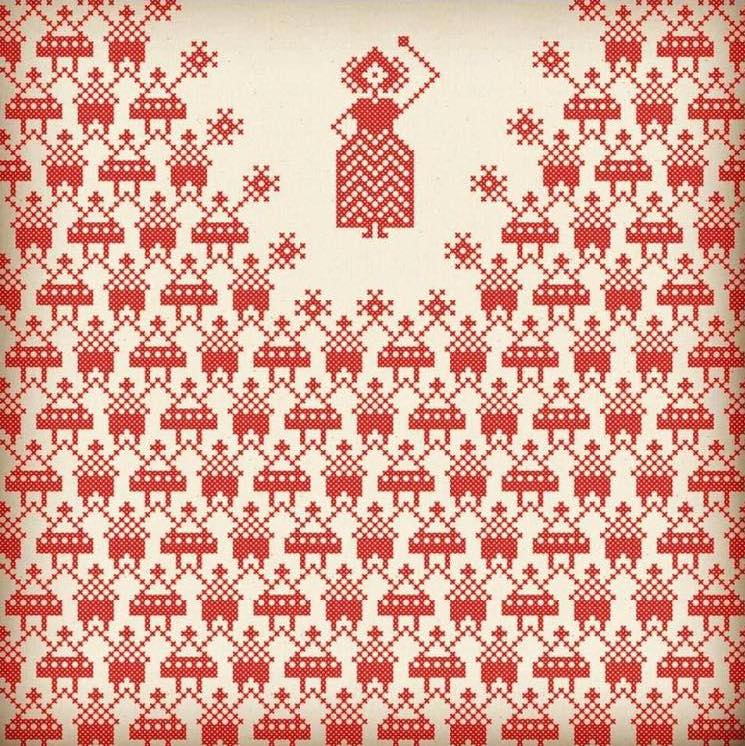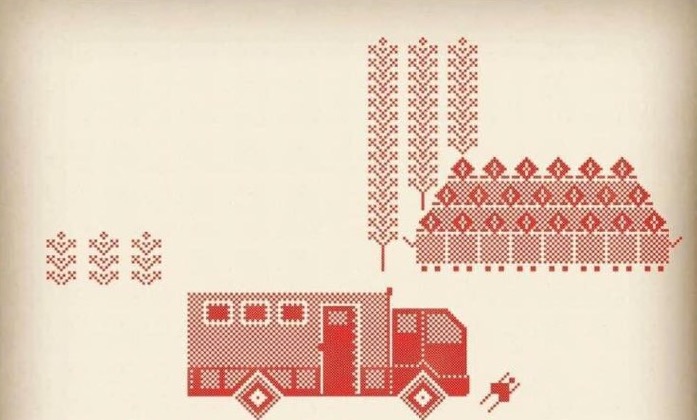
Image Instagram
The overthrow of the Belarusian President Alexander Lukashenko seems to be a matter of time. Faced with mass protests, a nationwide strike, road blocks, pressure from both Russia and the West, and being abandoned by the political elite, the 66 year old leader has very little room for political maneuver.
Even though he started suppressing protests on August 9 – right after the Central Election Commission announced his presidential election victory, and the opposition staged mass demonstrations – after a couple of days of violent clashes, he decided to ease tensions. Earlier this week there was speculation he could declare martial law and deploy troops to crackdown, but Lukashenko surprisingly did not take any radical measures. Instead, Belarus’ Interior minister Yury Karaeu “took responsibility” and apologized for security forces beating “random people” during crackdown. Also, Lukashenko’s crisis manager Natalia Kochanova addressed the protesters claiming that President heard the opinion of workers and instructed to investigate all the detentions. Some protesters will likely be released soon as the jails are simply overcrowded, but Lukashenko’s passive position during the protests clearly demonstrates his weakness.

Image Instagram
Artyom Proskalovich, Deputy Head of the Department of Legislation in Law Enforcement and Military Spheres of the Main State Legal Department, has reportedly resigned, as well as some news presenters at Belarusian state TV. In other words, the rats already started leaving a sinking ship. The security apparatus still seems to be loyal to the President, but since he was hesitating to give security forces a freehand to completely disperse protests, it is now a matter of time before police and the army turn against him, as they will fear they could fall victims of his policy.
In spite of rumors that Russian troops could enter Belarus to save Lukashenko, such a scenario is extremely unlikely. The Russian Foreign Ministry indirectly accused its Western partners of “clear attempts to interfere into the domestic affairs of a sovereign state in order to sow division and destabilize the situation”. It is the same political vocabulary the Kremlin used during the Maidan coup in Kyiv in 2013 and 2014, but yet Russia never sent its army to protect Ukrainian President Viktor Yanukovych. On the other hand, Russia did intervene in Crimea and in the Donbass, but given that, unlike these territories, Belarus does not have any natural resources; it is not probable that Moscow would militarily intervene in the Eastern European country. It is worth noting that Russian state media has been quite favorable towards the protestors, and some senior pro-Kremlin politicians have openly supported protests against Lukashenko. Thus, Russia seems to be on the way to abandon its ally, as it is no longer willing to keep providing cheap natural gas and oil to Belarus, nor to keep subsidizing the Belarusian economy.
However, if Lukashenko gets ousted, Belarus will likely enter the Western geopolitical orbit, and could easily become another “anti-Russia” and also an instrument the West can use against Moscow.
So far, demonstrations in Belarus do not have anti-Russian sentiment, but in the post-Lukashenko political system, the Western-backed Belarusian nationalists are expected to start playing an important role, which means that relations with Russia can only get worse. However, that will not happen overnight, as Belarus under Lukashenko does not have a parliamentary democracy, and the might and influence of political parties is rather limited. It will take time for the country to change its constitution and form a new political system where pro-Russia and pro-Western forces can compete and serve as long hands of Moscow and Western capitals.
Besides political, the former Soviet republic will also have to completely transform its economic system. State-owned factories that are currently on strike will be privatized by foreign corporations and the vast majority of workers will lose their jobs. Such a model was already implemented all over Eastern Europe and Belarus will unlikely be an exception. Belarus is also expected to get its own oligarchs who will be linked with security services and foreign powers, and will play an important role not only in the economy, but in political life as well.

Image Instagram
Political, social and economic changes in Belarus are coming one way or another, and there is very little Lukashenko can do about it. He is an old-school, Soviet-style politician who does not pay much attention to technological innovations, which is why he completely underestimated the role of the internet and social networks. He did not even try to create teams of internet trolls and propagandists who would counter the official Western and Russian narrative on the situation. That is why he lost the information war even before it started.
Lukashenko’s days in power are numbered. It is not if, but rather when and how he will go. Only a deal between Russia and the West can allow him to stay in power until the end of his sixth presidential term. In the meantime, he will likely keep retreating and making some painful concessions, which will make him look weak in the eyes of both, his opponents and supporters.
- Russia Begins Mass Vaccinations For Bubonic Plague On Mongolian Border
- Yes, Russia Could Work With US Against China


1 comment
There seems to be no direct authoritarian to democratic free enterprise path for any nation. Emergent “free” nations have their oligarchs just as robber-barons were Europe’s transitional phase between nobility rule and free enterprise opportunity. Poor Belarus doesn’t seem to offer much to “rob”, but unless some unscrupulous exploiters start the process to a viable national economy, there seems to be no alternative to a return to authoritarian government. The worst outcome would be for Belarus to be embroiled in a West-Russia confrontation which would likely see it destabilized for as long as the two great powers remain hostile to each other. Putin and Trump definitely need to sit down and “deal” to put an end to Russia’s cold relations with the West. Both Belarus and Ukraine could then develop as links between the wealthy Western countries and Russia’s enormous potential.